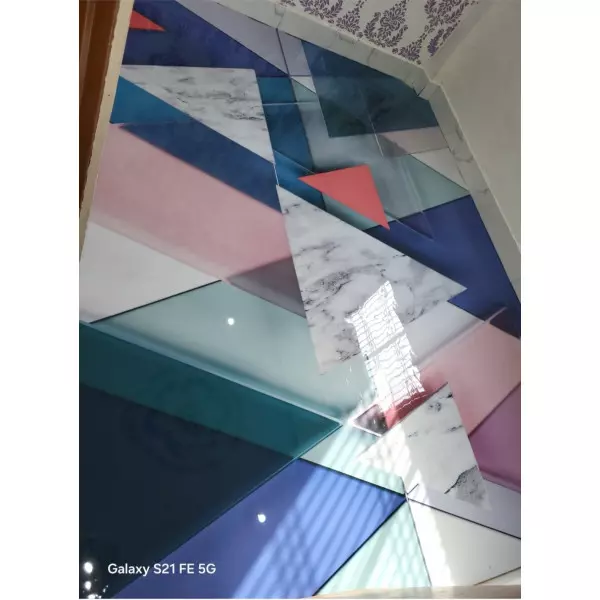Epoxy Flooring Coating Manufacturers In Shimla
Details of Epoxy Flooring Coating
Epoxy flooring coating is a durable and attractive surface finish widely used in industrial, commercial, and residential environments. Here's a detailed overview of epoxy floor coatings:
What Is Epoxy Flooring Coating?
Epoxy flooring is a type of floor coating made from a two-part system:
Epoxy resin
Hardener (curing agent)
When mixed, these components chemically react to form a hard, plastic-like material that bonds well to concrete surfaces. The result is a strong, seamless, and chemical-resistant floor.
Key Features
Feature Description
Durability Highly resistant to wear and tear, impact, and abrasion
Chemical Resistance Resists oil, cleaners, solvents, and many acids
Easy Maintenance Smooth surface that's easy to clean and sanitize
Aesthetics Available in many colors, finishes (glossy, matte), and decorative effects
Slip Resistance Additives like silica or quartz can enhance traction
Moisture Resistance Resists water and moisture when properly installed
Common Applications
Industrial: Factories, warehouses, machine shops
Commercial: Showrooms, garages, retail stores, kitchens
Residential: Basements, garages, patios
Types of Epoxy Floor Coatings
Type Description
Self-Leveling Epoxy Smooths over uneven surfaces; used for decorative and functional floors
Epoxy Mortar Extremely durable; made from epoxy and sand or quartz; ideal for heavy use
Graveled Epoxy Decorative with patterns or logos; mostly for commercial use
Epoxy Terrazzo Decorative with colored aggregates; used in upscale public spaces
Anti-Static Epoxy Dissipates static electricity; ideal for electronics manufacturing areas
Quartz-Filled Epoxy Combines epoxy with quartz for durability and slip resistance

